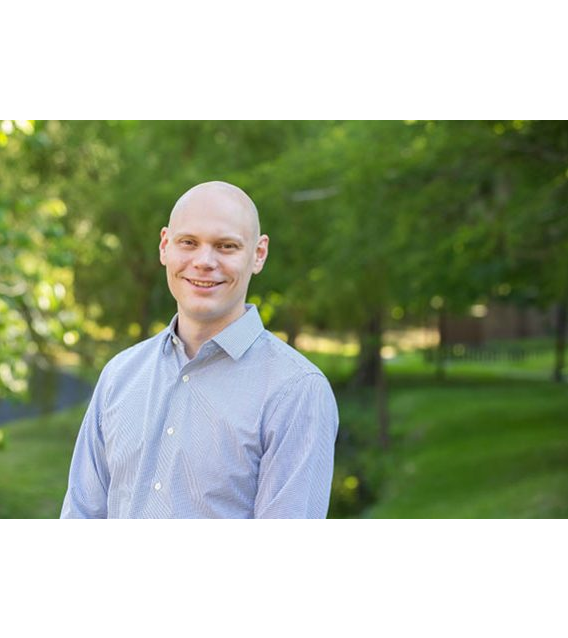Congratulations to Dr. Edward Phelps, assistant professor, who received a Juvenile Diabetes Research Foundation (JDRF) grant for his collaborative project titled, Targeting the Peri-islet Basement Membrane for Immunomodulatory Therapy in Beta Cell Replacement.
This project is a joint venture between investigators in the University of Florida Diabetes Institute, University of Florida biomedical engineering department and the University of Colorado Anschutz Medical Campus Barbara Davis Center for Diabetes. Drs. Phelps’ (PI) and Russ’ (Co-PI) objective of this project is to induce localized immune tolerance to transplanted human beta cells derived from renewable stem cell sources as a treatment for type 1 diabetes.
Of the 30 million Americans with diabetes, approximately 1.25 million are children and adults with T1D. T1D is an autoimmune disease marked by infiltration of the pancreatic islets by self-reactive CD4+ and CD8+ T cells, which mediate the selective destruction of the insulin-producing beta cells. T1D results in life-long dependence on exogenous insulin for survival, which is particularly limiting for those affected at a young age. Current T1D treatments are inadequate at responding accurately to short-term metabolic imbalances and cannot prevent chronic diabetes-related complications.
Therefore, a curative therapy that targets the underlying disease process is needed. Several approaches for manipulating the mechanisms of central and peripheral tolerance have been attempted to treat T1D autoimmunity. However, a majority of clinically-translated immunotherapies for T1D have focused on systemic delivery of global immunomodulatory molecules or immune cells. None has yet proven particularly useful for preventing the onset of T1D in humans. The research proposed by Drs. Phelps and Russ present a rationally-designed localized immunomodulatory strategy to promote immune tolerance in a beta cell replacement setting.
This project presents a significant step forward in the development of alternative, renewable, and off-the-shelf sources of insulin-producing cells for current cell replacement therapy efforts.
